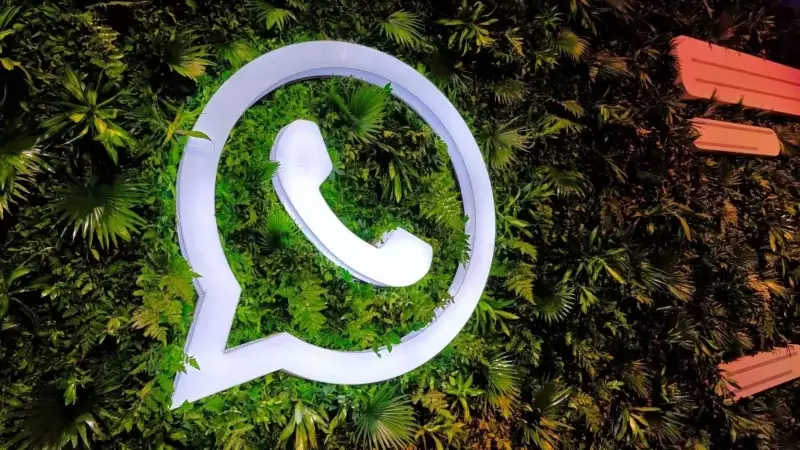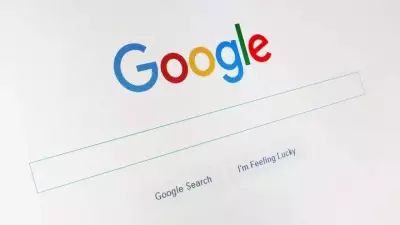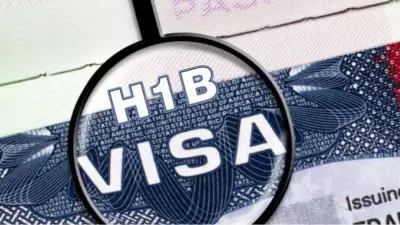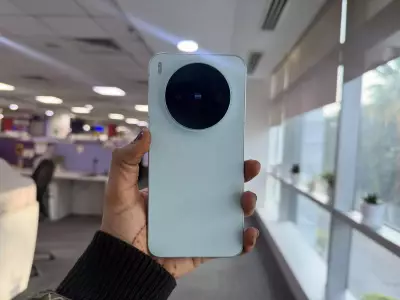
In a significant legal development that has sent shockwaves through the cybersecurity world, a United States court has delivered a dual verdict against the controversial Israeli surveillance company NSO Group. The ruling represents a partial victory for both sides in this high-stakes legal battle that began in 2019.
The court has issued a permanent injunction prohibiting NSO Group from targeting WhatsApp's servers and services, effectively barring the company from using its notorious Pegasus spyware against users of the popular messaging platform. This injunction marks a crucial step in protecting the privacy of WhatsApp's billions of users worldwide, including millions in India.
Reduced Financial Penalty Raises Eyebrows
While the injunction represents a win for Meta-owned WhatsApp, the court simultaneously delivered some relief to NSO Group by substantially reducing the damages the company must pay. The original claim sought significantly higher compensation, but the final award has been scaled back, though the exact reduced amount remains undisclosed in public records.
This case originated when WhatsApp discovered in 2019 that NSO Group's Pegasus spyware had been used to target approximately 1,400 devices across 20 countries. The targets included journalists, human rights activists, political dissidents, and government officials.
What This Means for Indian Users
The ruling carries particular significance for Indian users, as India represents one of WhatsApp's largest markets with over 500 million users. Previous investigations had revealed that Indian journalists, activists, and political figures were among those targeted by Pegasus spyware.
Key implications of the ruling include:
- Enhanced protection for WhatsApp users against unauthorized surveillance
- Legal precedent for holding spyware companies accountable in US courts
- Potential deterrent effect on other surveillance technology firms
- Increased scrutiny of government agencies that purchase such spyware
The Ongoing Battle Over Digital Surveillance
This case highlights the growing tension between privacy rights and surveillance capabilities in the digital age. While NSO Group has consistently claimed it only sells its technology to vetted government agencies for legitimate law enforcement and counter-terrorism purposes, critics argue the spyware has repeatedly been used against innocent civilians and dissenting voices.
The reduced damages, while disappointing to privacy advocates, still represent a legal and financial setback for NSO Group, which has faced increasing global scrutiny and US government sanctions in recent years.
As digital surveillance technology becomes more sophisticated, this ruling sets an important precedent for technology companies seeking to protect their users from unauthorized monitoring, while also acknowledging the complex legal landscape surrounding state-sponsored surveillance tools.





